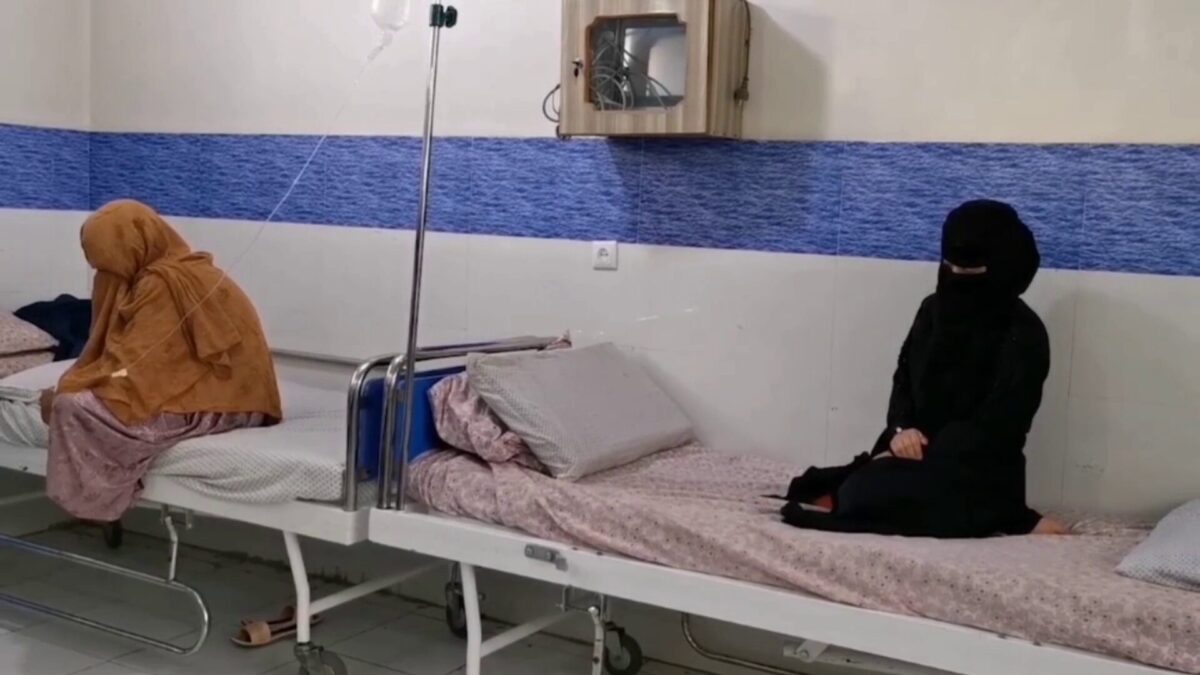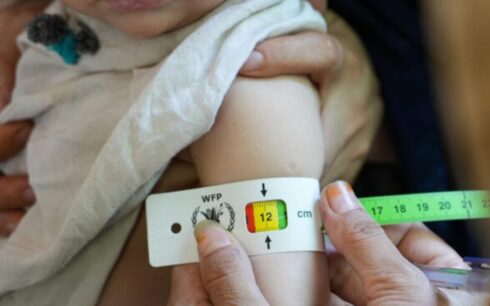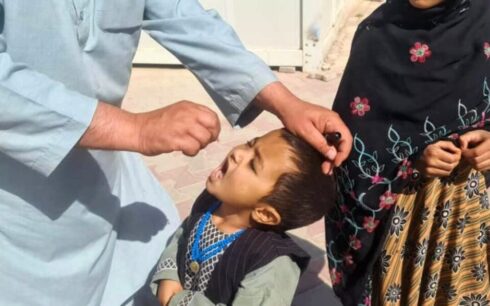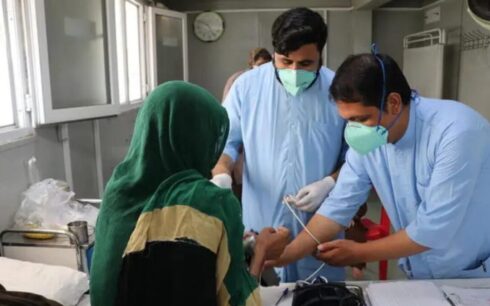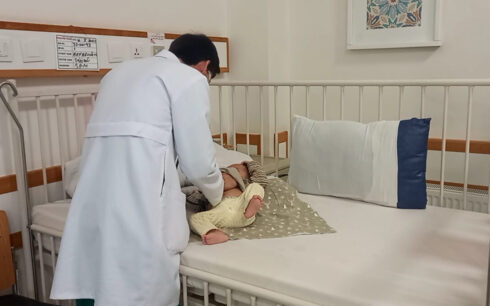KABUL, Afghanistan — The Taliban’s Ministry of Public Health has called on international organizations to help resolve Afghanistan’s worsening healthcare crisis, according to a statement released on Monday.
Noor Jallal Jalali, the Taliban’s health minister, met with representatives from the World Health Organization (WHO), the World Bank, the United Nations Population Fund (UNFPA), and UNICEF at his office to discuss strengthening Afghanistan’s healthcare system and securing international aid.
“I will make every effort to resolve all issues that contribute to strengthening and expanding the health system,” Jalali said during the meeting, according to the statement.
Restrictions on women’s education
The appeal comes amid intense domestic and international backlash against a recent Taliban directive banning women and girls from pursuing medical education at health institutes.
The ban, issued under the orders of Taliban leader Hibatullah Akhundzada, has drawn sharp criticism from the United Nations, human rights organizations, and foreign governments.
The U.N. has warned of the ban’s long-term consequences, stating that it could severely undermine Afghanistan’s already fragile healthcare system by reducing the number of trained female healthcare workers, essential in providing care to women and children.
None of the organizations present at the meeting have publicly commented on the discussions.
Health challenges in Afghanistan
Afghanistan’s healthcare system remains under severe strain, with 17.9 million people requiring health-related humanitarian assistance, according to a recent report by the U.N. High Commissioner for Refugees (UNHCR).
The report described the country’s healthcare infrastructure as “fragile and under-resourced,” with significant disparities in access to medical services, particularly in rural areas. Maternal and child health outcomes are among the worst in the world, with Afghanistan reporting one of the highest maternal mortality rates globally—638 deaths per 100,000 live births.
The healthcare system is further burdened by outbreaks of acute diseases, including measles, acute diarrhea, dengue fever, pertussis, Crimean-Congo hemorrhagic fever, and malaria. These challenges, coupled with widespread malnutrition and poverty, have left millions vulnerable.

